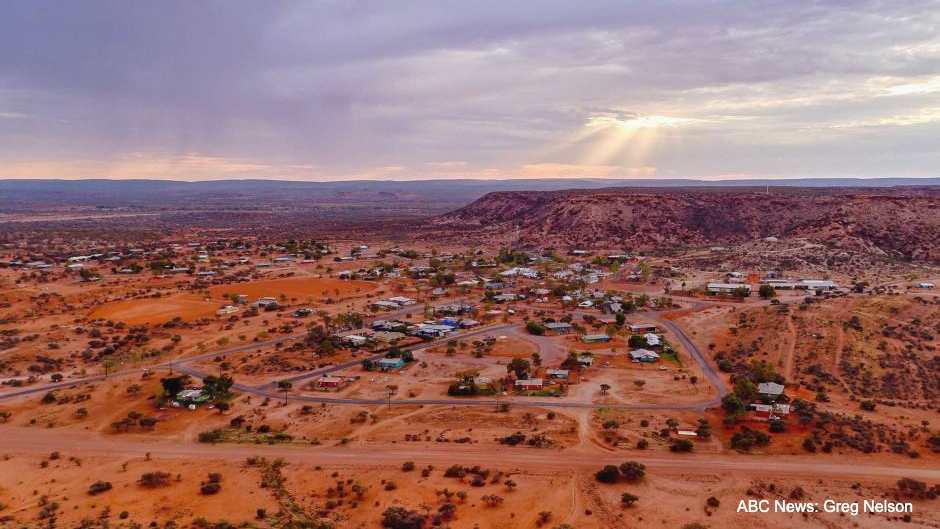Get our independent lab tests, expert reviews and honest advice.
First Nations community wins landmark legal battle in NT

Residents of the Northern Territories First Nations community of Ltyentye Apurte (or Santa Teresa) started their fight for a decent place to live in 2015, by presenting their landlord with a list of over 600 urgently needed repairs to their homes.
The problems, which affected about 70 households, included leaking sewage, unstable electricity, and a lack of air conditioning.
Their landlord, the government-run NT Housing Authority (now called the Department of Territory Families, Housing and Communities) blithely ignored the request.
The problems included leaking sewage, unstable electricity, and a lack of air conditioning
Then came a move that would end up setting a precedent.
In 2016, the residents got together and took legal action against the NT government with the help of Australian Lawyers for Remote Aboriginal Rights (ALRAR) and the Grata Fund, a non-profit litigation funder that’s partnered with the University of New South Wales.
But the residents and pro bono lawyers were up against it. The NT government pushed back every step of the way.
A six-year legal battle
Over the next six years, the case made its way through the NT Civil and Administrative Tribunal, the NT Supreme Court, and the NT Court of Appeals, all of which upheld the principle that the residents were entitled to safe and habitable housing.
The NT government was required to undertake repairs and improvements on the dilapidated homes following the legal action, but the courts stopped short of mandating compensation for the emotional distress of having to endure such poor living conditions for so long.
This was one of the residents’ key legal demands, so they escalated the fight.
In March 2022, the legal team applied to the High Court of Australia to seek compensation, and the court agreed to hear the case – the first time in a generation it had accepted a residential tenancy case.

High Court rules tenants should be compensated
And then, what seemed like a long shot actually came to pass.
On 1 November this year, the High Court ruled that tenants living in broken down homes had a right to compensation. Rental homes should offer “protection of the physical and psychological well-being of the tenant,” the court argued.
The deplorable state of housing in remote communities, its impacts on health and wellbeing, should not be tolerated in a country as wealthy as Australia
ALRAR solicitor Dan Kelly
Dan Kelly, a solicitor at ALRAR, says the drawn out fight against the NT government was about the “basic human right to live in decent housing” and that the legal victory “sets an important precedent for all 72 other remote communities [in the NT], and all tenants across the country”.
“The deplorable state of housing in remote communities, its impacts on health and wellbeing, should not be tolerated in a country as wealthy as Australia,” Kelly says. “As it stands, legal action is the only way remote communities can enforce their basic rights to habitable housing.”
Grata Fund executive director Isabelle Reinecke says “this historic win will have far-reaching consequences for renters nationwide”.
Over 30,000 tenants eligible for compensation
While some residents had previously received a modicum of compensation from the state, the High Court judgment significantly increases the amount available to about 5,300 remote Indigenous households in the NT and over 30,000 Indigenous tenants, according to the Grata fund.
The amount of compensation has yet to be determined and will be decided when the case goes back to the Northern Territory Court of Appeal.
How much relief it will provide the residents of Ltyentye Apurte remains to be seen. In February 2023, the NT government changed the way it calculates rent increases, resulting in jumps of up to 200% for 68% of remote Aboriginal tenants in the NT.
The rent increases apply regardless of the state of the rental property.





